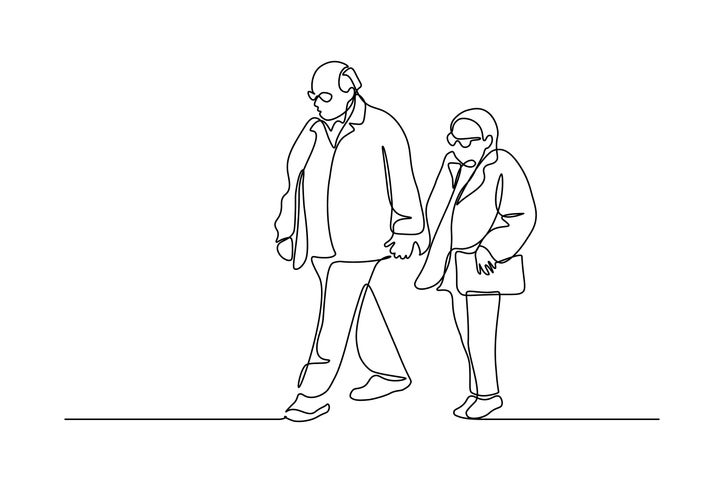
Robert, an 86-year-old Medicare beneficiary, is a living testament to resilience. He has been living with dementia for several years, but his spirit remains unbroken. Robert is determined to remain at home rather than moving into a nursing home or assisted living facility and has been unwavering in this decision.
Robert’s family was equally determined to support his decision to remain at home, even though they did not live nearby. They knew it would be a challenging journey but were ready to do what it took to honor Robert’s wishes.
The family created a support system to ensure that Robert, and his wife Charlotte, could safely stay home. They enlisted the help of a team of healthcare agencies and professionals, including a Community Alternatives Program (CAP) worker, home health aides, and a local program for elderly adults. Medicare played a vital role in covering the costs of these services, making it financially feasible for the family.
Robert’s daily routine was carefully structured to accommodate his personal and medical needs to ensure his safety. His CAP worker, Jessica, visited daily to help with preparing meals, dressing, and taking medication. Robert was fond of Jessica and looked forward to her daily visits.
CHESS was notified of Robert’s situation when his home health aide declined a visit due to pests in the home. Upon connecting with Charlotte, CHESS discovered that all home-based programs the couple relied on were declining services due to the home being unsafe, leaving the couple without help.
After digging further into Robert and Charlotte’s situation, it was revealed that Robert was a hoarder. The CAP worker was aware of the problem but lacked the resources to help the couple clean up their home. A local program for elderly adults offered a dumpster for a week but given Robert and Charlotte’s age and lack of nearby family, the cleanup efforts would require significantly more time and assistance.
Having prior experience with this siloed approach to addressing social determinants of health (SDOH), CHESS knew the perfect agency to connect all the pieces together to help Robert. This organization found donors to fund the entire cleanup effort. The only condition being that Robert and Charlotte would seek behavioral health services for hoarding once the job was complete.
CHESS referred Robert to a local organization offering counseling services which included hoarding. Jessica could now safely enter the home again, helping Robert and Charlotte with daily tasks to maintain their independence and health.
When working separately, many organizations don’t have the resources to address these complex non-medical conditions that impact care. Single agencies and individuals were unable to offer Robert the necessary multifaceted support. By working collaboratively, CHESS and other organizations were able to make a huge impact, transforming Robert’s healthcare journey and well-being.

